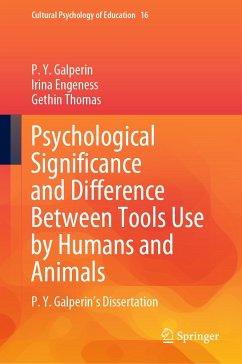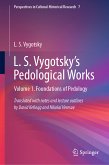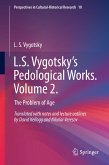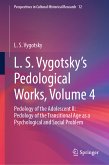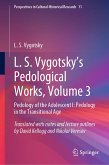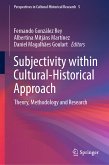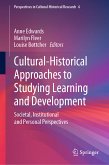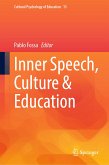This book represents the very first, so far unpublished, translation of Piotr Galperin's (1902-1988) dissertation, defended in 1938 during his employment in the All-Ukrainian Psycho-Neurological Academy (AUPA) in Kharkiv, Ukraine. In his candidate dissertation Galperin examined the differences in tool use between humans and animals and argued that there was a fundamental difference between tools developed and used by humans and the auxiliary means used by animals. Galperin showed that human use of tools totally differs from the way tools are utilised by animals as 'an extension' of their limbs. He suggested that tools created and used by humans encapsulate cultural and historical experience developed in human practices which have to be mastered. Human engagement with these tools reorganise the existing and enhance the development of new psychological functions and that human consciousness originates and develops in the external tool-mediated activities. The development of new psychological functions stimulates the systemic and meaningful organisation of human consciousness. In addition, as opposed to animal mind, human consciousness undergoes developmental transformations initiated in tools- and speech-mediated activities.
Galperin's research reveals the unity of the external tool-mediated and the internal psychological activity of humans. These findings are influential as they adopted the foundations of the theory of Vygotsky and extended them without changing the essence of Vygotsky's legacy. Galperin's dissertation can be considered as a missing jig-saw puzzle which connects the legacy of Vygotsky, the contribution of Leontiev and their followers who worked in the cultural-historical and activity traditions. This translation of the dissertation in English makes it available for the cultural-historical scholars in the West and provides insights into the invaluable contributions of Piotr Galperin.
Dieser Download kann aus rechtlichen Gründen nur mit Rechnungsadresse in A, B, BG, CY, CZ, D, DK, EW, E, FIN, F, GR, HR, H, IRL, I, LT, L, LR, M, NL, PL, P, R, S, SLO, SK ausgeliefert werden.

